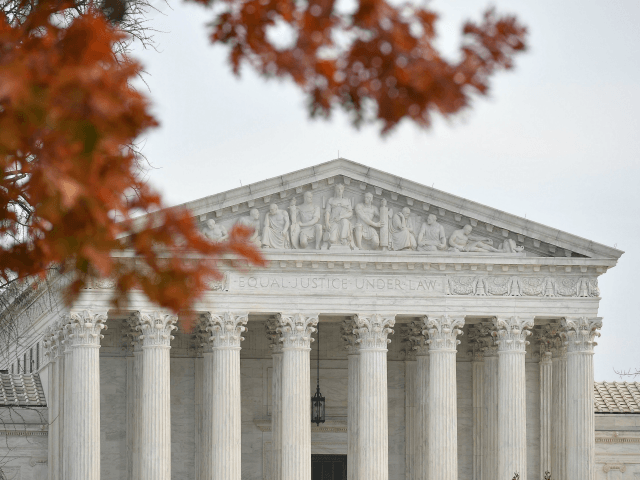WASHINGTON, DC – The Supreme Court on Monday took a case that could overrule Auer deference, a doctrine under which courts defer to federal agencies regarding the scope of their regulatory powers, a case with major implications for the powers of the federal government.
James Kisor is a Marine veteran who suffers from post-traumatic stress disorder (PTSD). He sought retroactive benefits for his PTSD, which he acquired during the Vietnam War.
The U.S. Department of Veterans Affairs (VA) declined to award him retroactive benefits. The VA invoked Auer v. Robbins (1997), interpreting the VA’s regulations on granting benefits to give VA bureaucrats the flexibility to deny Kisar PTSD benefits. The lower courts deferred to the VA’s interpretation as required under Auer deference.
Conservatives have long criticized Auer deference. That case was originally written by Justice Antonin Scalia, a stalwart conservative, but he quickly came to realize his mistake and began insisting that the Supreme Court overrule this deference doctrine.
Judge Amul Thapar of the U.S. Court of Appeals for the Sixth Circuit is a Trump-appointed judge who recently criticized Auer, noting that it allows one of the two parties in litigation an unfair advantage, telling judges to put their thumb on the scales to defer to arguments from one of the parties in the courtroom (the government), while not deferring to the opposing party.
It now appears that the justices may overrule Auer, which might not have been possible before President Trump appointed Justice Brett Kavanaugh to replace Justice Anthony Kennedy.
Auer is considered the younger brother of Chevron deference, a doctrine under which courts defer to federal agencies’ interpretations of congressional statutes administered by each agency. Justices Neil Gorsuch and Kavanaugh are both on record criticizing Chevron as well, which likewise has tremendous implications for federal power.
Judge James Ho of the U.S. Court of Appeals for the Fifth Circuit, another Trump appointee, has recently criticized Chevron in a similar fashion to Thapar’s criticism of Auer.
Both of these doctrines are responsible for sweeping expansions of federal reach, as regulators can reinterpret federal laws and regulations in a way that favors the government, presenting arguments that courts are supposed to accept so long as they are reasonable.
The fate of both doctrines may be intertwined. Overruling Auer would build momentum to eventually overruling Chevron as well.
Arguments will take place at the Supreme Court in April, with a decision by the end of June.
The case is Kisor v. Wilkie, No. 18-15 in the Supreme Court of the United States.
Ken Klukowski is senior legal editor for Breitbart News. Follow him on Twitter @kenklukowski.

COMMENTS
Please let us know if you're having issues with commenting.